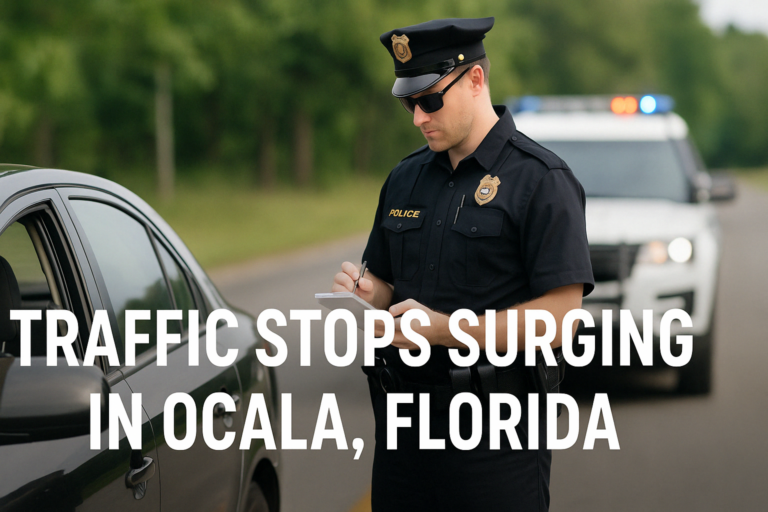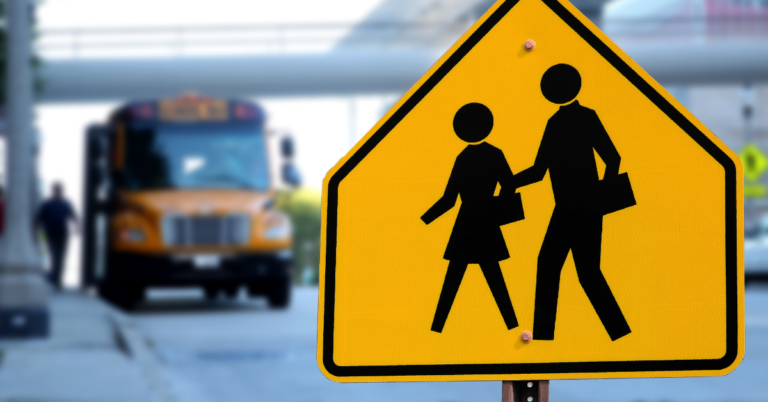When the school bus camera enforcement program rolled out in Miami-Dade in 2024, it came cloaked in good intentions. Protecting children, reducing dangerous driving, automating safety—it sounded like a win-win. The county partnered with BusPatrol, a private tech company that boasted AI-powered cameras installed on over 1,000 buses. But from the get-go, warning bells rang. The Ticket Clinic, already deep in the trenches of traffic law, flagged the program before it even started. Just a few months in, those flashing stop arms turned into cash cannons firing wildly at innocent drivers.
A Blitz of Citations—With Barely Any Justification
Once activated, the program wasted no time. Tens of thousands of citations flooded drivers within months. Tickets appeared in mailboxes at a speed that suggested either Miami-Dade had a sudden epidemic of reckless drivers—or the cameras were having a meltdown. Turns out, it was the latter.
Drivers were getting cited for infractions that didn’t exist. One of the most common? Passing a school bus on the opposite side of a divided highway. That’s legal under Florida law. But the cameras weren’t reading laws—they were reading pixels. The result? Thousands of drivers ticketed for obeying the rules. Even worse, others were caught on camera in scenarios where the bus wasn’t even stopped, or where no child was ever in sight.
A joint investigation by The Tributary and the Miami Herald uncovered how the Miami-Dade school bus camera program turned into a costly trap for drivers. The report highlighted how people like Jennifer Gonzalez and Robert Strongarone were fined despite driving legally—passing stopped buses from the opposite direction or without stop-arms visible. Our founder, Mark Gold, helped these whistleblowing journalists with his legal opinion and insights. In summary, the school district rushed into a contract with BusPatrol, which led to mass issuance of $225 citations. The piece paints a grim picture: a flawed enforcement system where sheriff’s deputies failed to properly review videos, leaving innocent drivers footing the bill.
One man reported turning onto a street after the bus had already pulled away—still got hit. Another woman received five citations in three days, all for driving on the opposite side of a median where traffic was fully separated.
The System Breaks: Errors, Glitches, and Legal Limbo
Then came the mess in the paperwork. There were tons of incidents where citations would have the wrong amount owed on the citation. Others couldn’t even pay their fines because the citation number was wrong. All because the tickets were misprinted.
And if you wanted to fight it? Good luck. Drivers trying to dispute their citations fell into a black hole. Over 1,000 requests for hearings went unanswered. No court dates. No judges. No process. Sheriff’s deputies were supposed to review every citation before issuing them—but reports revealed that didn’t always happen either. The entire program was built on a foundation of legal shortcuts and automated errors.
Public Outrage and Political Pressure Mount
The backlash was fierce. Drivers organized online. Reddit threads exploded with horror stories. Local news outlets began to investigate, and slowly, the narrative shifted. What was sold as “child protection” started to look a lot more like a cash grab. And once that seed of doubt took root, the credibility of the program collapsed.
Public opinion turned against the initiative fast. Miami-Dade residents were livid that a private company—BusPatrol—was profiting off faulty tickets. BusPatrol installs cameras at no charge to districts, but in return, they take a cut of every paid fine. The more tickets issued, the more money they make. That’s not safety. That’s business. And Miami-Dade was starting to look like just another revenue stream.
The Shutdown: Sheriff Steps In
Faced with overwhelming criticism, Sheriff Rosie Cordero-Stutz announced in April 2025 that the county was suspending the bus camera citation program. It wasn’t a pause for re-evaluation. It was a complete shutdown. The cameras are still physically on the buses, but no new citations are being issued. Not one.
For those already ticketed, though, the pain isn’t over. If you’ve received a citation before the suspension, you still have to deal with it. That means either paying the (possibly incorrect) fine or challenging it—if the county ever reopens that process. The Ticket Clinic is actively helping drivers sort through the legal chaos, flagging citations issued in error and pushing for dismissals.
Scandal Beneath the Surface: How Did This Even Happen?
As the program unraveled, more disturbing facts came to light. Turns out, BusPatrol didn’t just land this contract by chance. Whispers of political backchanneling turned into full-blown reports: a Miami lawmaker with family ties to BusPatrol helped push the deal through. That lawmaker’s son reportedly had links to the company. The approval process? Fast-tracked. No competitive bidding. No meaningful public oversight.
And this isn’t BusPatrol’s first rodeo. The company has a laundry list of missteps across the country. In New York, they issued thousands of tickets illegally. In Pennsylvania and Virginia, courts threw out entire batches of citations. BusPatrol has become infamous for sloppy enforcement and aggressive monetization of traffic law. Their track record reads more like a blooper reel than a business plan.
Victory for Drivers—and Validation for The Ticket Clinic
Through all of this, The Ticket Clinic stayed on the front lines. We were among the first to warn about the dangers of the program. Now, with the sheriff pulling the plug, the message is finally being heard.
This isn’t just a policy shift. It’s a massive win for Miami-Dade drivers. For everyone who got slapped with an unjust citation. For every driver who didn’t have the means to fight back. For anyone who believes in the right to due process and fair enforcement.
And yes—The Ticket Clinic played a part in this victory. Small, but mighty. We saw through the PR fluff from the beginning. We only hope this situation serves as a warning to other places considering entrusting bus patrol with their law enforcement.



